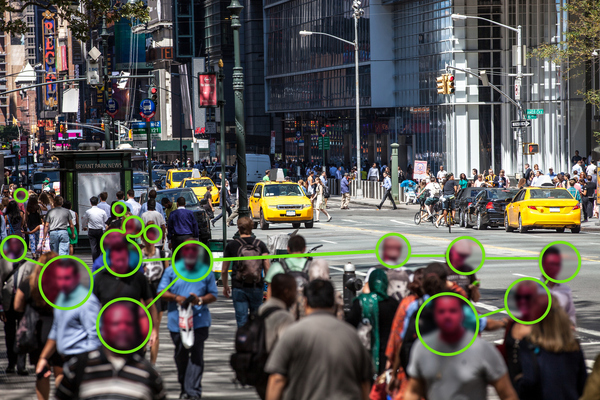Digital services for the public good
Sponsored by EUROCITIES
How robust regulation is the key to ensuring smart cities work for their residents
Over the past 20 years, digital transformation has shaped our daily activity beyond recognition. The platform economy has delivered a range of new services for people, from easy home deliveries, to on-your-doorstep mobility options and hassle-free city trips. And today, in the midst of a global pandemic, many of us find we can hold meetings, events and even conduct office jobs from the relative comfort of our own homes.
For cities, meanwhile, digital transformation brings other benefits, such as greater revenues from tourism. In many ways, city administrations are drivers of this transformation: cities power innovation ecosystems, invest in tech start-ups, support digital skills development and provide digitalised public services.
Nonetheless, digital transformation creates many challenges for cities. This is partly because existing legislation was not designed to take the new business activities of the platform economy into account, leaving gaps where current regulations are unable to rein in some of the negative impacts of digital services on public life.
What can cities do to protect local retail against unfair competition from global online retail platforms? How can the right to housing be ensured if short-term rental platforms do not comply with the rules that govern the real estate market? And what can be done to protect the rights of platform workers?
In places where the freedom for digital services does not serve the public interest, current European legislation makes it very difficult for city administrators to take effective measures against globally operating companies.
Matching our online and offline worlds
Cities, as the level of government closest to citizens, are only too keenly aware that digital transformation can create both new opportunities but also new layers of inequalities, unless the policies guiding the process are user-centric and citizen-focused.
Indeed, in a recent joint statement by 22 European cities, city representatives pointed out that cities welcome tourism as an important source of income and employment for many people, but the responsible rental of private homes can only be done if the necessary regulation is in place.
Central to this debate is enabling the flow of data between public authorities and businesses, without which the enforcement of regulations, taxation and health and safety rules cannot be applied.
More precise data – on, for instance, short-term holiday rental (STHR) – would enable city administrations to levy taxes and better serve the interests of residents, who should be their primary concern. Additionally, data can also be used to create better public policy and better services.
For example, the consequences of illegal housing rentals can include reducing the stock of houses intended for residential use, the increase of nuisances (such as noise disturbance) in city districts, and sometimes breaching other areas of public safety such as how many people can stay in one location. With access to the right data, city authorities can start to work with these companies to address these issues.
Yet the status of collaborative economy companies is often ambiguous, given that their evolution has occurred since the EU’s e-Commerce Directive was first introduced, which provides the current grounding for what are considered “information society services”.
Moreover, there is often little incentive for collaborative economy platforms to do anything about illegal activity occurring through their services. With this in mind, we need better ways for cities to flag up illegal activity, as well as placing more responsibility on service providers, such as requiring platform economy businesses to take down illegal goods and services from their sites.
In this endeavour cities are natural allies of European policymakers working towards a more digitalised society which puts people first. Cities are ready and able to work with the European Commission and European Parliament to ensure an effective EU framework that protects and empowers people and businesses, while ensuring data and new technologies are used to deliver better public policy.
Let’s ensure that what is illegal offline is also illegal online.
Eurocities wants to make cities places where everyone can enjoy a good quality of life, is able to move around safely, access quality and inclusive public services and benefit from a healthy environment. We do this by networking almost 200 larger European cities, which together represent some 130 million people across 39 countries, and by gathering evidence of how policy making impacts on people to inspire other cities and EU decision makers.
Connect with us at www.eurocities.eu or by following our Twitter, Instagram, Facebook and LinkedIn accounts

By Anna Lisa Boni, Secretary General, Eurocities

Business Reporter Team
Most Viewed
23-29 Hendon Lane, London, N3 1RT
23-29 Hendon Lane, London, N3 1RT
020 8349 4363
© 2024, Lyonsdown Limited. Business Reporter® is a registered trademark of Lyonsdown Ltd. VAT registration number: 830519543
Join the Business Reporter community today and get access to all our newsletters, and our full library of talk show episodes
Join the Business Reporter community today and get access to all our newsletters, and our full library of talk show episodes





